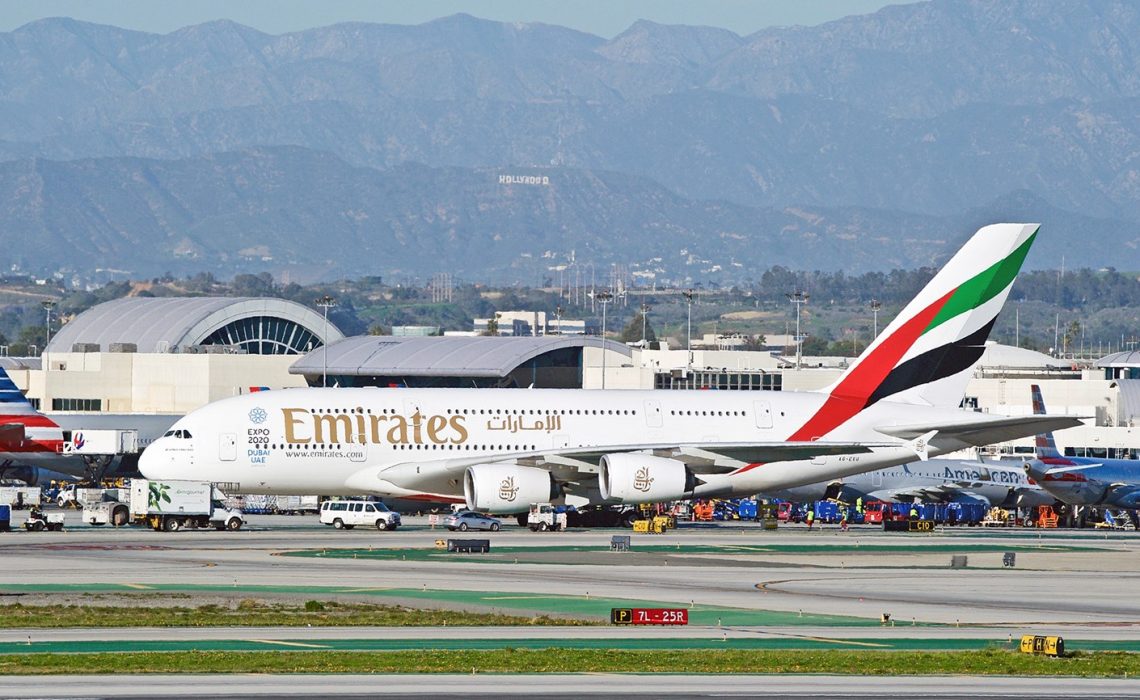
You might also like:
DUBAI, United Arab Emirates (AP) — Emirates, the Middle East’s largest airline, said Thursday its profit fell by more than 80% to $340 million last year as it grappled with a slump in demand linked to a range of headwinds, from political upheaval and terrorism in Europe to tougher travel restrictions to the U.S.
Emirates Group, which operates the airline, said overall profits for the company were down 70% to $670 million.
In its earnings report, the company said profits were affected by heightened immigration concerns, terror attacks in several European cities, such as London and Paris, an attempted military coup in Turkey and uncertainty caused by Britain’s vote to leave the European Union. It also cited a strong U.S. dollar against currencies in major markets.
Specifically, the airline’s profits dipped to 1.25 billion dirhams ($340 million) compared to 7.13 billion dirhams ($1.9 billion) the year before. Its earnings report covers the period of April 2016 through the end of March 2017.
In April, the Dubai-based carrier began slashing 20% of its 126 weekly flights to the U.S. because of a drop in demand caused by tougher U.S. security measures and Trump administration attempts to ban travelers from some Muslim-majority nations.
The company said in its earnings report that one of the biggest challenges it faced came as a result of actions taken by the U.S. government to heighten security vetting of travelers and restrict certain electronic devices, including laptops, in aircraft cabins. Dubai was one of 10 cities in Muslim-majority countries affected by a ban on laptops and other personal electronics in carry-on luggage aboard U.S.-bound flights.
The airline said this had a direct impact on consumer demand for air travel into the U.S., one of the airline’s biggest growth potential markets. To respond to the ban on electronic devices in the cabin, the airline said it quickly introduced consumer-friendly services such as complimentary laptop loans on flights to the U.S.
Airline analyst John Strickland of JLS Consulting said he expects the airline will keep a tighter rein on its capacity growth in the short to medium term, but that the company’s more than 30-year history proves it can withstand numerous shocks.
“It has demonstrated recently its willingness to act commercially and take tough decisions with regards to its recent announcement of U.S. flight capacity cuts,” Strickland said.
Emirates carried some 56 million passengers in 2016-2017 compared to 52 million passengers the previous year.
The airline’s aggressive expansion and growth has helped transform its hub at Dubai International Airport into the world’s busiest for international passengers.
Sоurсе: travelweekly.com
